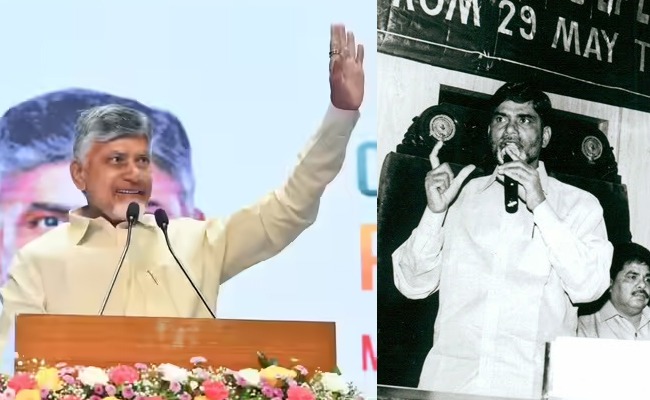Sympathy in Politics: A Misinterpreted Theory That Misleads Leaders
There’s a long-standing belief in politics that public sympathy for jailed leaders translates into electoral victories. However, this theory is often misinterpreted and misleading, as recent events demonstrate.
While leaders like Chandrababu Naidu and Hemant Soren saw their parties win elections after their arrests, these victories are often attributed to public perception of political vendetta rather than blind sympathy. On the other hand, YS Jagan Mohan Reddy was jailed for 16 months before the 2014 elections and lost, proving that sympathy alone doesn’t guarantee success.
A more recent example is Arvind Kejriwal, whose jailing for over five months and the imprisonment of his key aide Manish Sisodia for 17 months failed to deliver public goodwill in Delhi. Not only did AAP lose Delhi, but Kejriwal himself was defeated in his own seat, showing that voters weigh merit over emotion.
For Chandrababu Naidu, the takeaway is clear: public intellect is not to be underestimated. The electorate can discern between political vendetta and genuine corruption cases. Sympathy might energize party cadres or influence a subset of voters, but it does not decide elections.
The 2024 elections showed that Naidu’s success wasn’t rooted in sympathy for his arrest—it stemmed from the public’s belief in his innocence and rejection of politically motivated cases. If Naidu truly believes in the merit of his allegations against YSR Congress leaders, he must pursue them boldly, without relying on outdated sympathy theories.
Voters are not fools, and continuing to peddle such ideas is an insult to their intelligence. Leaders who fail to grasp this risk alienating the very electorate they hope to win over.



